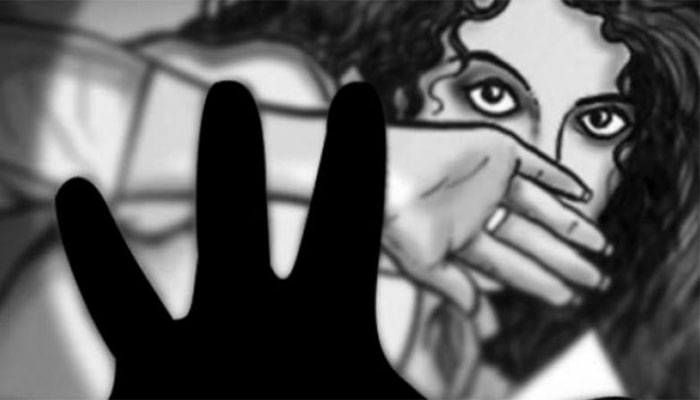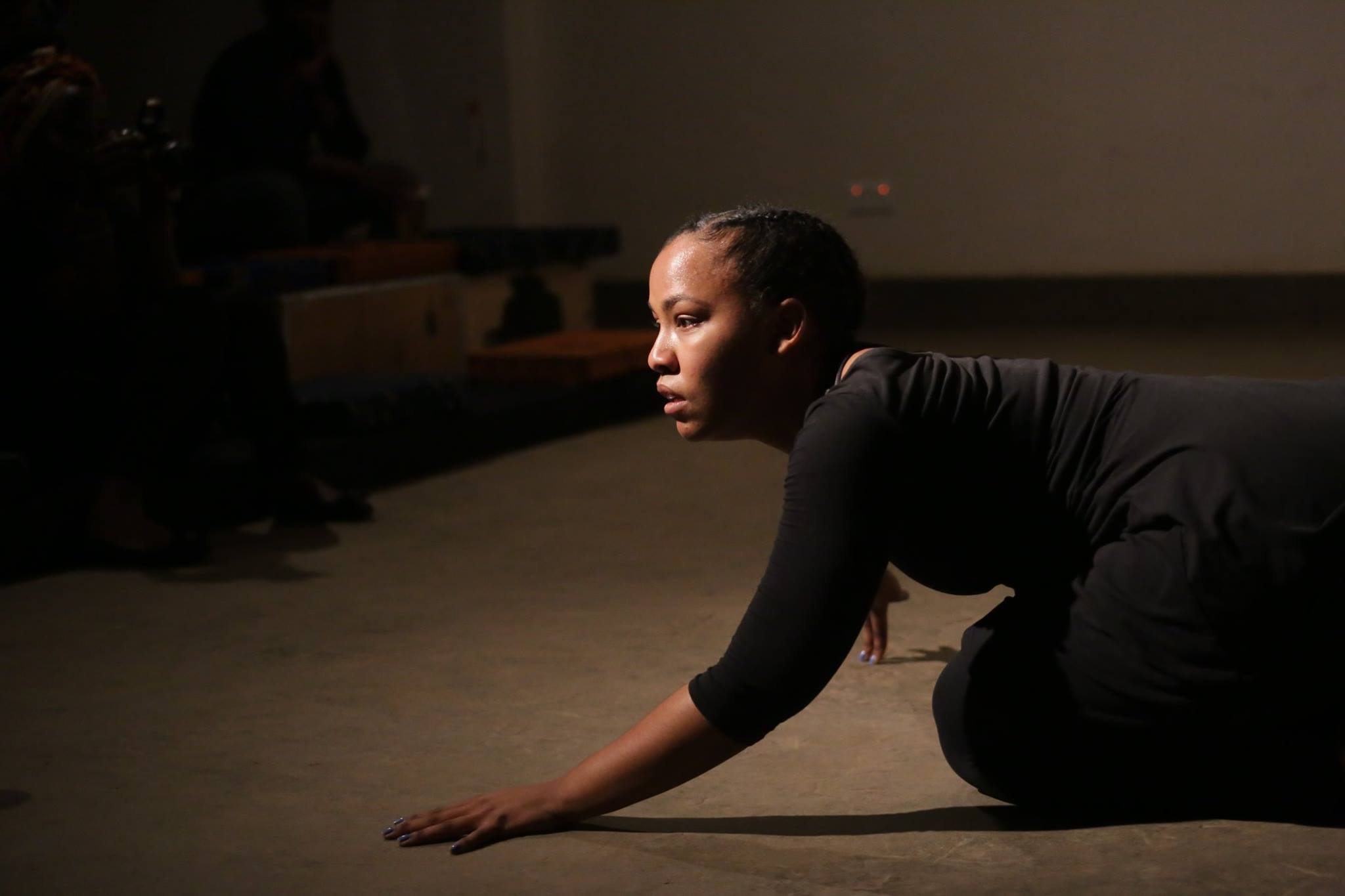Kemiyondo Coutinho was born in Kampala to Ugandan parents, Sheila and Alex Coutinho. She has been writing and acting since age of 17.

In 2001, when she was 13 years old in 2001, she joined the United World College of Waterford Kamhlaba, South Africa and graduated in 2007.
She moved to Portland, Oregon in the US to attend the Lewis and Clark College where she graduated with a double major in Theatre and Communications. She later earned her Masters in Fine Arts at the American Conservatory Theatre.
In 2007 she wrote and acted in the play Jabulile! which was performed at the National Arts Festival in Grahamstown, South Africa.
The play was later produced in New York and Chicago. It addresses the lack of opportunity for Swazi women traders.
Her second play, Kawuna… You’re It! was written in 2012, and addresses discrimination against women regard to HIV/Aids. She performed Kawuna… You’re It! at the 2016 Kampala International Festival.
Her debut short film Kyenvu, on the harassment of women for wearing miniskirts in Uganda, won the 2018 Pan African Film Festival’s Best Narrative Short Film recently in Los Angeles.
Kyenvu (“yellow” in Luganda), is a fictional social drama about an unexpected love affair at a taxi (public transport) terminus in Uganda. The young woman chooses to wear miniskirts and because of the prejudices ingrained in a deeply patriarchal society, she ends up being gang raped.
Written and directed by Coutinho, Kyenvu also tackles millennial love, feminism and identity. The short film stars Coutinho and Michael Wawuyo Jr as the main characters and is acted out in English and Luganda.
Coutinho’s other works are: A Girl Like Me, Green, and Discover Uganda. Last year, she was featured on CNN’s African Voices for her influential work in the arts.
In July 2015 she appeared as Lady Torrance in a theatre production Orpheus Descending by Tennessee Williams in Seattle, US. She is the founder and artistic director of the Nuvo (New Voices) festival. She is also the founder of Kemistry Klass, an Africa content.
It is a huge honour. It was a first for a Ugandan film, not to mention that it had a full Ugandan cast and crew. I am very proud that we created a world class film worthy of a prestigious award. I was elated to accept it on behalf of the cast and crew.
What inspired you to shoot Kyenvu?

The Anti-Pornography Act passed into law in Uganda in 2014. The law blames pornography for the sexual crimes committed against women and children.
At its introductory stage, the Act had a clause prohibiting women from wearing miniskirts, hence the media label “Miniskirt” Bill. However, when the final Bill was passed, it had no clause banning the miniskirt.
The media however, who had baptised the Bill, failed to inform the public that that particular clause had been struck out. The ‘miniskirt ban’ was being loosely interpreted by mobs as an excuse to target and strip women. This is what inspired me to write Kyenvu and set the record straight.
What is the film’s message?
That we need to look into the effects of the laws we make. Laws have real effects on the people they serve. If someone is already thinking of harassing you, giving them a reason to do so is not a solution.
As is the case in Uganda, the law emboldened men to undress women in public. We need to start finding solutions that address the causes not the symptoms.
A woman is raped or harassed not because of her skirt but because of the man’s thinking. So, until we start addressing the men in such situations, we should not expect to be able to put a stop to these terrible acts.
Why do you think some Ugandans are against women wearing miniskirts?
Society looks for reason to explain why bad things happen and then looks for quick fixes. Blaming miniskirts is one of those quick fixes: That if we ban the miniskirt, then rape won’t happen.
I thank God that a policeman happened to be walking by and heard my screams. I was not wearing a miniskirt. So we have to be honest with ourselves and realise rapists and not clothes cause rape. We should stop blaming rape victims.
What future plans do you have for the international screening and distribution of this film?
Right now we are doing the festival circuit. Our next screenings are at the San Francisco Black Film Festival [just ended in June] and at the Zanzibar International Film festival in July.
Will you bring the film to cinemas in Uganda?
Yes, I will screen it here in July.
What inspired you to go into the performing arts and filmmaking?
After realising the impact it has on society. People change the world with ideas and if you can change people with a story, it is because that’s the best way you know how to.
What would you have been if you were not into the performing arts?
An events co-ordinator or a marketer.
What challenges have you encountered in your professional life?
Getting people to understand and trust your vision. Also being an artiste comes with high highs and very low lows. So the lows can be tricky to handle as you wait for the high.
Do you think that Uganda has developed enough female playwrights, theatre and film directors?
I know amazing female playwrights and I am aware of a few great female film directors from Uganda. We need more though, and that means we need to start supporting them more.
Regina King, Issa Rae, Ava Duvernay, Danai Gurira and Deborah Asiimwe.
What would you tell a young person who wants to take up a career in performing arts?
Just do it. Don’t wait for approval from other people. The only permission you need is from yourself.
How do you unwind after a day’s work?
By watching trashy TV.
What signifies your personal style?
The African nomad in me likes to mix different fashions and styles.

